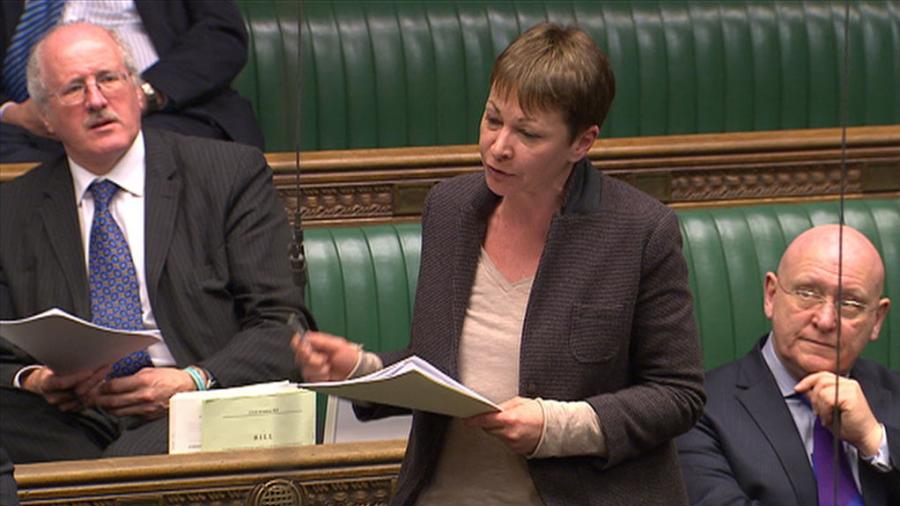Like everyone, I’ve been horrified by the Ebola crisis. Ebola has killed almost 5,000 people and infected more than 13,000 in West Africa since the start of the year. The three countries most devastated by Ebola are Sierra Leone, Guinea and Liberia.
The WHO are saying ‘a lot more people will die’ unless world steps up its response to crisis. There needs to be more money, military support, prevention work and long-term solutions.
Money: The Disasters Emergency Committee (DEC) said it had been "overwhelmed" by the "extraordinary generosity" of the UK public since their appeal was launched last week.
The UK Government does deserve credit for the work they are doing in response to the crisis, and this week we have seen a new facility opening in Kerry Town in Sierra Leone run jointly by DfiD and Save the Children. The UK has also made large pledges in response to this crisis – having said that, we need to turn pledges in commitments without delay. In a parliamentary answer received today, Justine Greening gave information on pledges but did not answer my specific question about how much had been deposited by the UK to the UN Ebola Multi-Partner Trust Fund. It is vital that the UK continues to respond as required and continues to push other donors to contribute their fair share as overall the international response is far from adequate.
In Sierra Leone and Guinea, the number of cases is doubling about every 20 days, the cost of delay is devastating.
Military support: Oxfam say as a measure of last resort, to enable rapid scale-up, military personnel and resources must be deployed both for their logistics capabilities and as an interim solution to manage and staff these centres. Realistically, the military is the only institution with the standing capacity to deploy with the speed necessary. The UK military are already helping but more countries need to contribute to this military effort.
Prevention: In addition to emergency military support, there is a concern that more recognition needs to be given to the importance of prevention as evidence shows that this is where the solution to stemming the spread of the disease ultimately lies. No epidemic has been stopped by treatment alone. Prevention and treatment must go hand in hand.
Longer term solutions: Now is not the time to be pointing fingers about who is to blame. The Ebola crisis was not predicted but we must learn lessons.
There is a worry that Governments have been more preoccupied with stopping cases arriving in Europe, Japan and the US than addressing the need to tackle Africa’s health inequalities, the root of the epidemic.
Before this crisis started Liberia had just 57 doctors and in March DFID’s direct funding to support healthcare in Liberia ended and there is now talk of the reintroduction of user fees, which will prevent the poorest accessing basic healthcare. In the year that the UK met the international target for aid expenditure the DFID bilateral budgets have been reduced in some of the poorest places in the world, the bilateral budget for Sierra Leone and Liberia should be reinstated immediately.




Join The Discussion